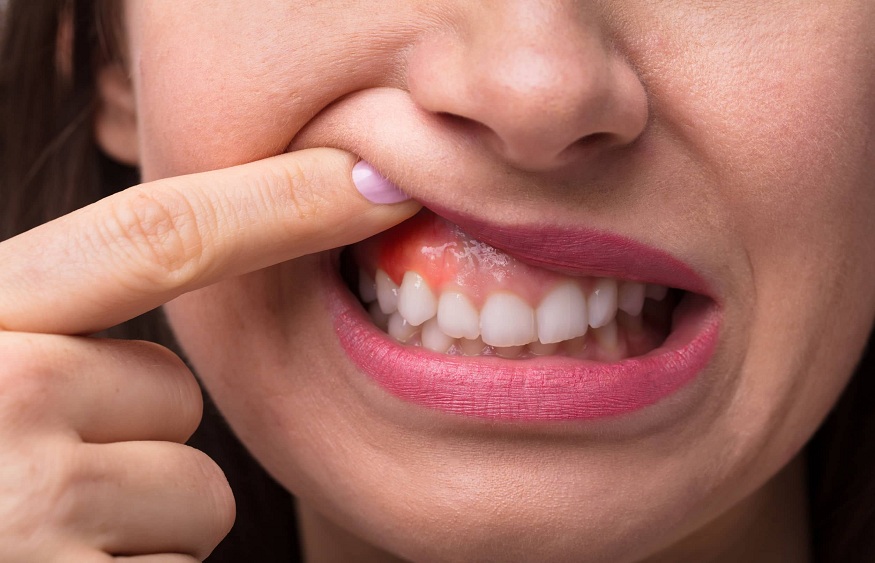
According to the CDC, almost 80% of pregnant women in this country usually have gingivitis. Dr. Scott Young provides numerous services that can help diagnose and treat pregnancy gingivitis. Gingivitis is a medical term meaning gum inflammation. Below are reasons you may have gingivitis due to pregnancy.
Pregnancy-related gingivitis
When a child is in your womb, you become susceptible to gingivitis because of the essential role of reproductive hormones. The increased production of hormones like estrogen causes several changes in your body, leading to irritated gum.
There is more increase in the demand and supply of blood by different areas of your body, including your gums. Gums receiving a lot of blood become sensitive and, thus, are much easier to irritate and inflame, especially during brushing.
Another possible reason for painful gum during pregnancy is a poor immune system. A weakened immune system cannot initiate an effective response mechanism against bacteria that promote plaque buildup and painful gums.
If you smoke or have serious medical trouble, such as diabetes during pregnancy, you become more prone to developing irritated gums. Strive to keep healthy blood glucose levels.
Potential dangers of pregnancy gingivitis
If you leave gum inflammation untreated, even if it is linked to pregnancy, you risk a severe problem. When gum inflammation worsens, it can cause periodontitis, a severe infection damaging the gums and even the jawbone.
Diseased gums withdraw from the teeth. That causes your teeth to be less firm and at risk of falling out. Since gums do not adequately cover your teeth, bacterial infections can attack the internal soft tissues of your teeth. Moreover, bacterial infections can end up in your blood vessels.
Because bacterial infections from diseased gums can also affect your fetus, it can cause various pregnancy-related issues. For instance, your baby may be born too early or weigh less than five pounds.
Also, because you can infect your baby with gum infections, your baby will likely experience cavities and gingivitis during childhood. A child with cavities and other oral issues may miss school because of the painful condition and require early dental care.
Ways of managing pregnancy-related gum inflammation
You can only prevent pregnancy gingivitis from becoming severe by letting your dentist monitor it. Your dentist can clean your gums and teeth professionally and gently when pregnant to reduce plaque. Minimizing plaque accumulation and bacterial attack lowers the possibility of inflamed gums appearing.
Your dentist can advise you about adopting healthy habits to enhance your overall health. This can include avoiding smoking and using a soft toothbrush for cleaning your gums and teeth. Consider also the types of foods you eat.
Do not eat diets that can promote plaque buildup and gum swelling. Eat diets promoting oral health, such as eggs, chicken liver, and leafy greens. For example, kale is packed with calcium, a vital mineral the body uses for making enamel. Fatty fish, including salmon, promote gum health and prevent gum disease.
Contact Scott Young, DDS, today to schedule an appointment with a dentist that can help manage and treat severe symptoms of gingivitis.







